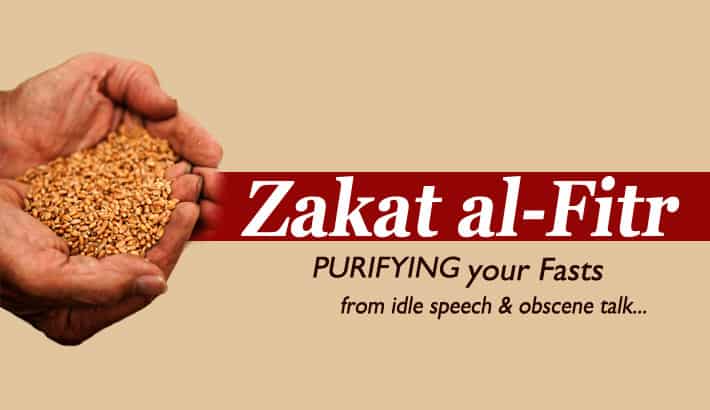Zakat al-Fitr: The obligatory Eid donation to be made by end of Ramadan
By the end of the holy month of Ramadan, Muslims are obligated to pay Zakat al-Fitr, also known as Sadaqat al-Fitr. Zakat al-Fitr is a small amount of money given to the poor and needy before the Eid al-Fitr prayer. The purpose of this donation is to help those in need celebrate and enjoy the […]

By the end of the holy month of Ramadan, Muslims are obligated to pay Zakat al-Fitr, also known as Sadaqat al-Fitr. Zakat al-Fitr is a small amount of money given to the poor and needy before the Eid al-Fitr prayer.
The purpose of this donation is to help those in need celebrate and enjoy the Muslim Eid al-Fitr holiday which marks the end of the month of Ramadan.
Zakat a-Fitr is a form of charity distinct from Zakat, one of the five pillars of Islam. While Zakat is calculated based on a person’s wealth and is usually paid once a year, Zakat al-Fitr is paid per person and is a fixed amount determined by Muslim legal scholars.
The amount for Zakat al-Fitr varies depending on the region and the price of food. In most countries, it is equivalent to the cost of one meal or one kilogramme of rice or wheat. The amount is usually paid on behalf of every household member, including children and the elderly.
Al-Habibiyyah distributes N13m worth of zakat to 160 recipients
Zakat al-Fitr: The obligatory Eid donation to be made by end of Ramadan
Zakat al-Fitr can be paid in cash or in other ways, such as food or clothing. It is important to note that Zakat al-Fitr should be paid before the Eid prayer, and it is not permissible to delay it. This is because the purpose of Zakat al-Fitr is to help those in need celebrate and enjoy Eid. Delaying the payment would defeat this purpose.
Zakat al-Fitr goes to the poor and needy, including widows, orphans, refugees, and people experiencing homelessness. Giving Zakat al-Fitr to those who live in the same community as the giver is preferable, strengthening the bonds of brotherhood and sisterhood among Muslims. (Al-Arabiya)
